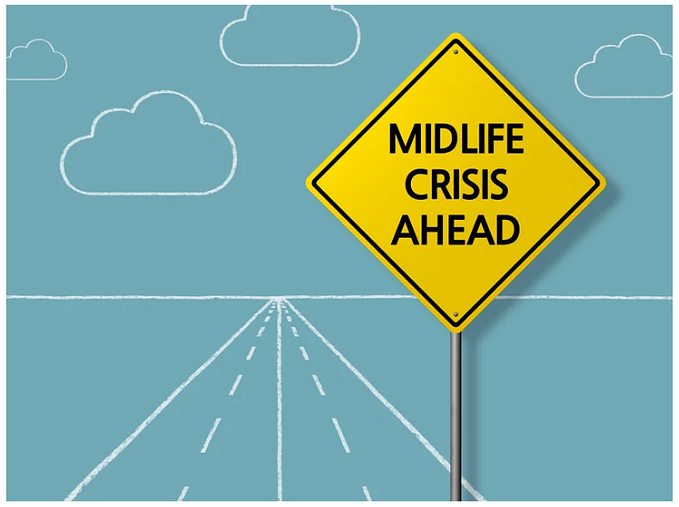Member-only story
Why People Share Fake News
People believe accuracy matters, but their behavior shows the opposite

Misinformation has been around throughout human history, but with the expanding influence of social networks, it’s spreading faster and wider than ever before. Although there’s plenty of discussion around the urgency of mitigating this problem, we don’t seem to be nearing any workable solution.
The problem is it’s hard to find a solution without truly understanding why people share fake news. The easy answer is that they “do it for the clicks” and “don’t care about the truth”, but the explanation appears to be less cynical than that for most people. Fortunately, research is starting to shed light on what’s going on in people’s minds when they share misleading articles and promote corrupt sources.

How misinformation spreads like wildfire
Earlier this year, a group of researchers from MIT and the University of Regina published a paper comparing 3 hypotheses. Each hypothesis made a prediction about why people might share fake news:
- Because people are confused about what is accurate vs inaccurate news.
- Because people care more about partisanship than accuracy.
- Because people aren’t paying attention to accuracy when they share news.
The researchers ran experiments to see which hypothesis would come out on top. In their first experiment, they recruited over 1000 online participants and showed them 36 news headlines that had been shared on social media. Half of those headlines were real news while the other half were fake news, and some from each group were friendly to Republicans while the others were friendly to Democrats.
Participants had to answer one of two questions for each headline: 1) Do you think the headline is accurate? 2) Would you consider sharing the headline on social media?
The data showed that people could tell the difference between accurate and inaccurate headlines. Overall, they were 56 percentage points more likely to rate real…







